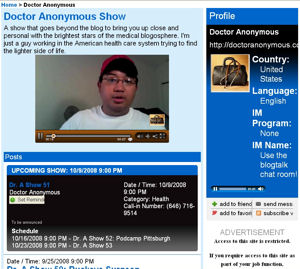To catch a thief (before theft happens)
Don't let employee theft happen to you. Simple internal controls and checks prevent temptation.
We've all heard the horror stories about the trusted employee who steals thousands of dollars before being caught. “It'll never happen to me,” is what most people say, but complacency can provide the right environment for temptation. The best defense is a good offense. Here are a few very simple internal controls and checks:
- Screen job applicants. Use a service to check on the criminal and/or credit records of employees. Check that applicants are not excluded from Medicare or Medicaid on the Office of Inspector General's Web site.
- Never give employees signature authority on bank accounts. When signing checks, the owner should carefully review bills, particularly the credit card, and make sure the payee and check amount match the invoices.
- Always involve more than one person in any function involving money. For example, the person preparing the accounts payable or payroll should be different from the person signing the checks.
- Cross-train staff and require that all employees take a vacation at least once a year. It is more difficult to steal if someone else has to do the job periodically, and it breaks any “patterns” that might form.
- Ask payers to deposit payments directly to your bank account. Review your bank statements, write-offs, postings, and other financial reports regularly. Over time you will be able to spot trends and any hiccups in your finances.
- Make sure patient refund checks are going to real patients. Have another employee verify refund checks each time they are processed by comparing the checks to a report run from the practice management system. It is easy to write checks to phony patients and for employees to deposit them to their own accounts at an ATM.
- Compare the receipts of payments coming in (both from patients and insurance plans) to the payments posted to the deposits made. For checks coming in, have them automatically stamped “For Deposit Only to Acct #xxxx” to minimize the chance of an employee depositing a check to his/her own account.
- Periodically ask your bank for a list of accounts with your or your practice's name.
- If all else fails, make sure your office insurance policy includes protection against employee dishonesty. A fidelity bond protects the practice against the loss of money or property, including larceny, theft, embezzlement, forgery, misappropriation, wrongful abstraction, willful misapplication, or other fraudulent or dishonest acts committed by an employee, alone or with others.
The more controls that are in place the less likely you will be the victim you read about in the newspaper. For more resources on financial management, go to the CPII's Web page.




